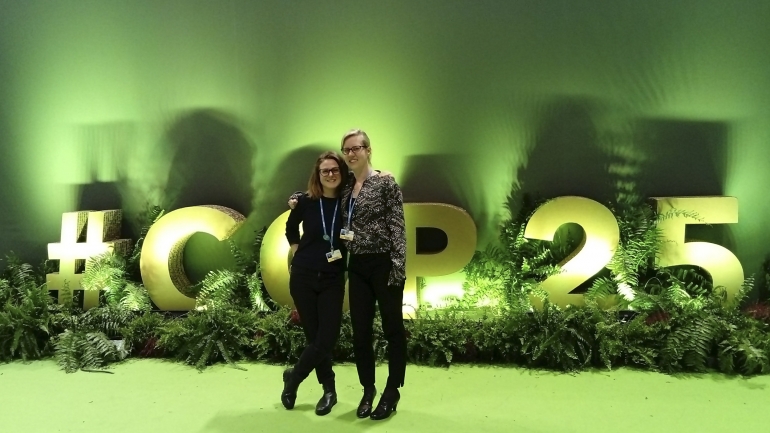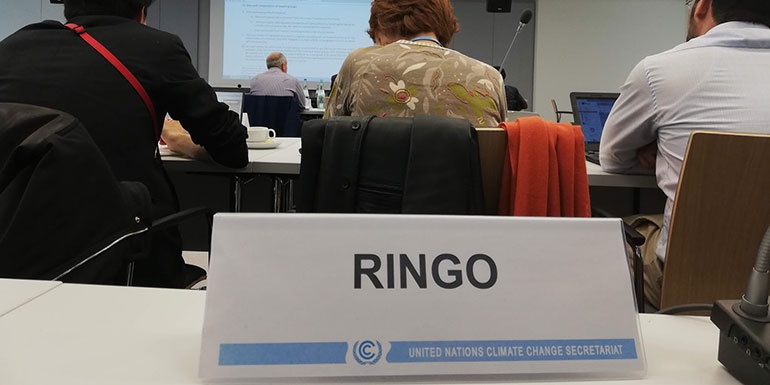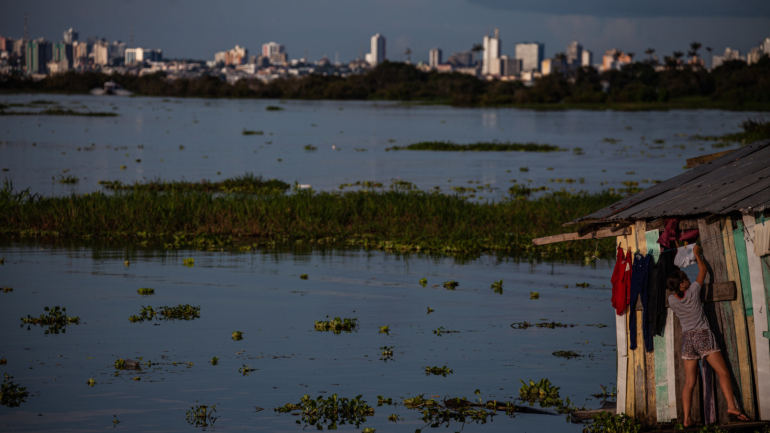Elisa Calliari and I are currently in the wonderful city of Lisbon to attend the European Climate Change Adaptation conference. This conference brings together academics, policy-makers, practitioners and businesses that have an interest in climate change adaptation. Key themes of the conference include identifying key climate challenges (e.g. focusing on specific topics such as coastal erosion and impacts and risks under different temperature rise scenarios); climate risk management and resilience and the data, methods and approaches for adaptation and disaster risk reduction.
Speakers at the opening plenary session included Portugal’s Minister of the Environment and Energy Transition; the Mayor of Lisbon; the European Commissioner for Humanitarian Aid and Crisis Management and the Director of International Mainstreaming and Policy Coordination in DG CLIMA at the European Commission. The plenary speaker that I found particularly compelling was Daniela Jacobs who was Coordinating Lead Author for the IPCC Special Report Global Warming of 1.5°C. She outlined a number of the differences between a world with 1.5°C of warming compared to 2°C and the findings were stark: under a 1.5°C scenario we can reasonably expect less extreme weather where people live (including extreme heat and rainfall) and reduced risk of biodiversity and species loss. She also pointed out that adaptation in a world with 1.5°C of warming will also be less difficult and less urgent than under scenarios that involve warming of 2°C (or more). When juxtaposing this information with the fact that we know states’ collective committed emission reduction pledges under the Paris Agreement will not allow us to meet the 1.5°C goal the issue of loss and damage becomes even more relevant.
The panel that Elisa had taken the lead in organising was entitled Loss and Damage from Climate Change: Science, Practice and Policy Propositions for Tackling Adaptation Limits. It was really well-attended with about 60 people in the audience and 7 presentations addressing a wide range of approaches to loss and damage from the conceptual to the empirical to the practical.
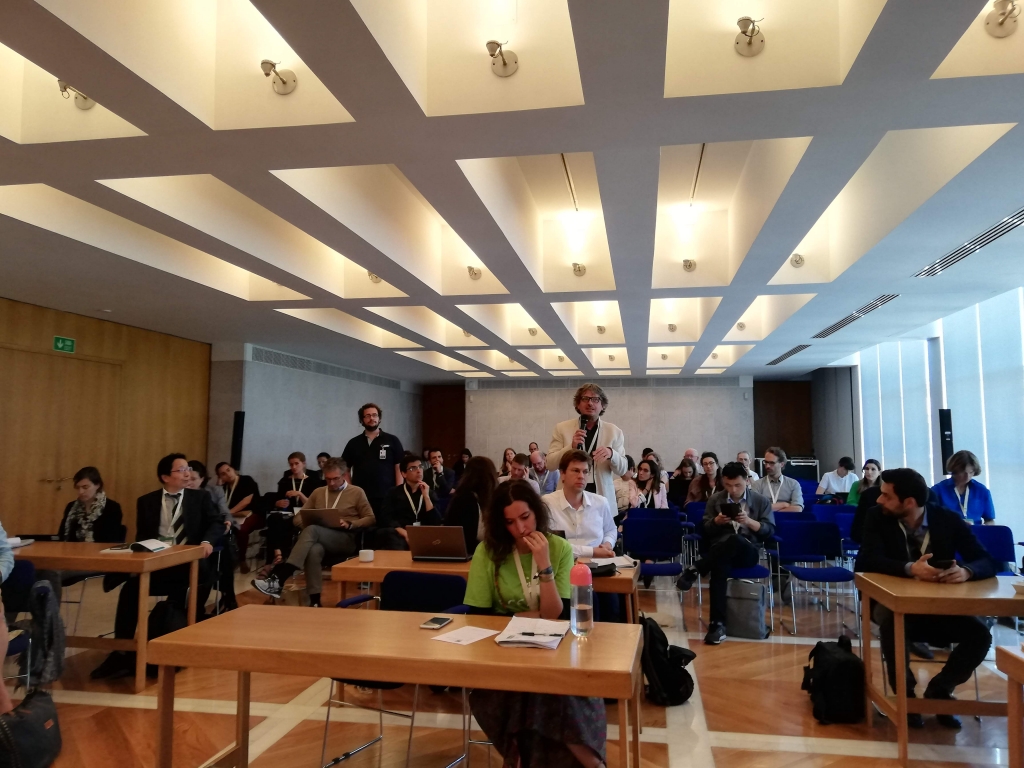
This rich set of presentations was complemented by excellent questions from the audience that queried: the possibilities for conceptualising loss and damage differently by focusing more on the different types of climate hazards; the challenges of identifying which measures and policies relate to loss and damage and which relate to adaptation and the role of social justice in the implementation of responses to climate change.
As I noted at the end of the panel it is clear that there is the need for much more research and discussion on the topic and we are looking forward to connecting with others who are thinking about the policy implications of the limits to adaptation and loss and damage.
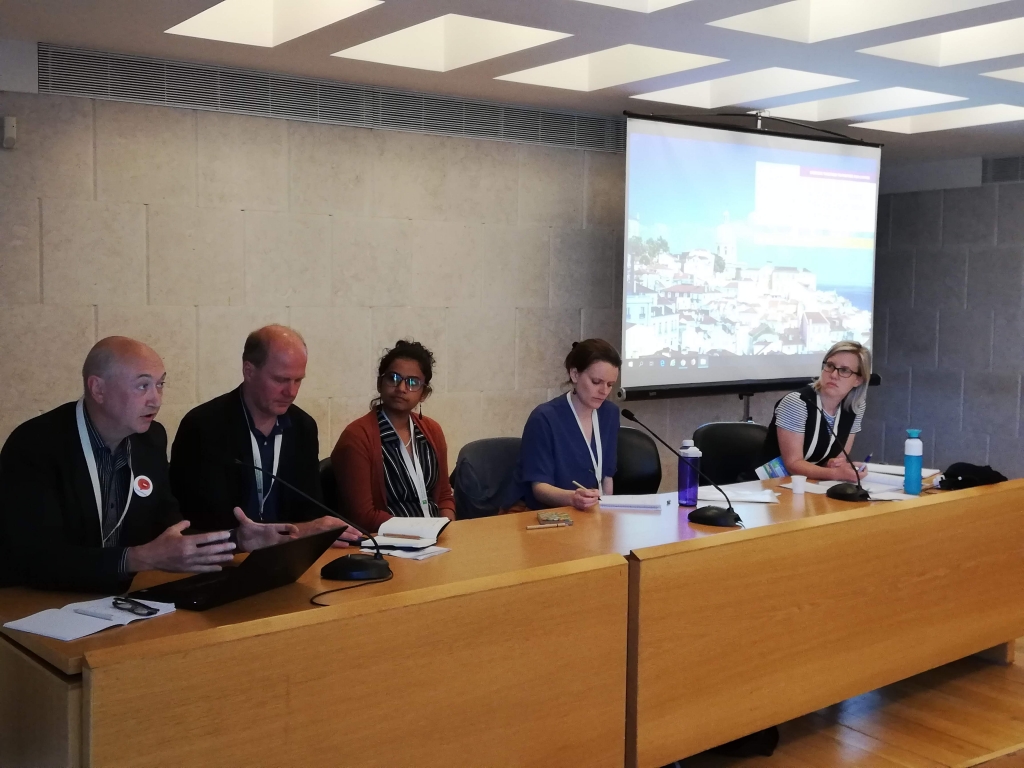
Having just returned from fieldwork in Antigua and Barbuda a month ago I am heartened to be a part of a conference that is facilitating robust dialogue among those working in the field of climate change adaptation and those thinking about sustainable development and disaster risk reduction (DRR). The lack of joined-up policy deliberation on loss and damage across the international and national level and across the climate change adaptation and DRR communities was regularly mentioned as a barrier by those who Michai Robertson and I spoke with in the Antiguan and Barbudan government across different ministries and departments.
Another issue emerging from the fieldwork that has resonated with me during the conference concerns the need for national and local level data in affected countries in order to develop informed policy-making on adaptation, DRR and loss and damage. The conference included a showcasing of a number of approaches to tracking, monitoring, evaluating and reporting on adaptation actions but this has also raised questions. Colin McQuistan of the NGO Practical Action who presented on our panel helped me to think about who has access to this research (and associated technologies) and how fair is this distribution of knowledge and research attention? If those who are bearing the brunt of climate impacts are least able to access the research, data and technology that can support informed decision-making we need to re-think how we work with vulnerable states and communities.
A useful start would be to co-design our projects in a way that incorporates end-users from the very beginning and fundamentally we need to invest in building research and technological capacity in those communities that are best placed to make decisions about the spaces and places that they call home.




